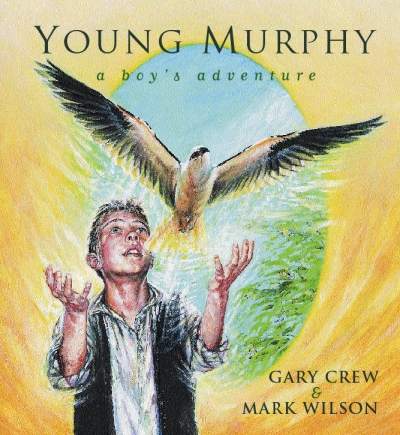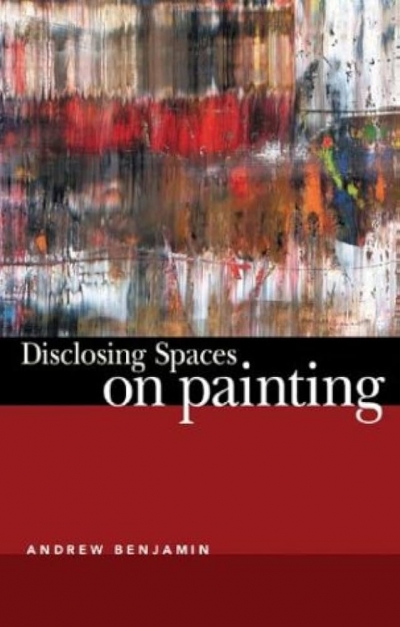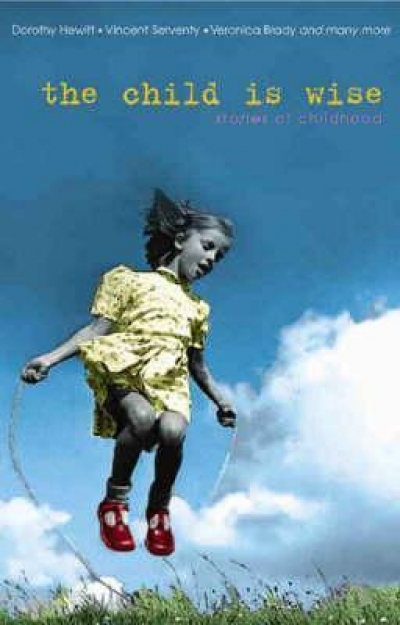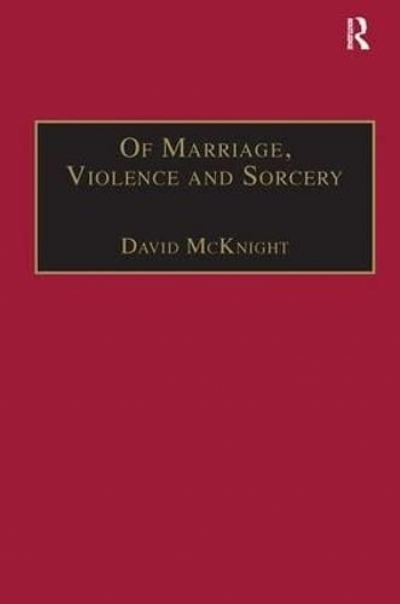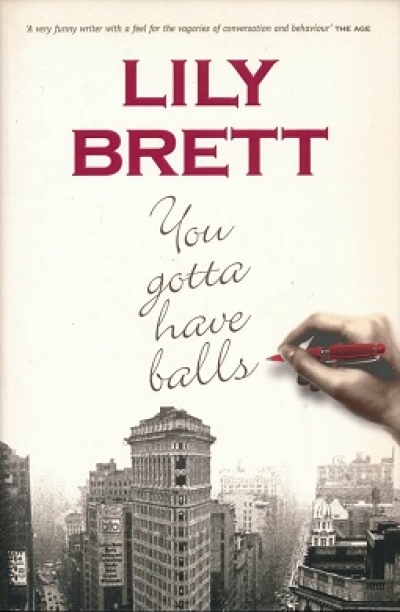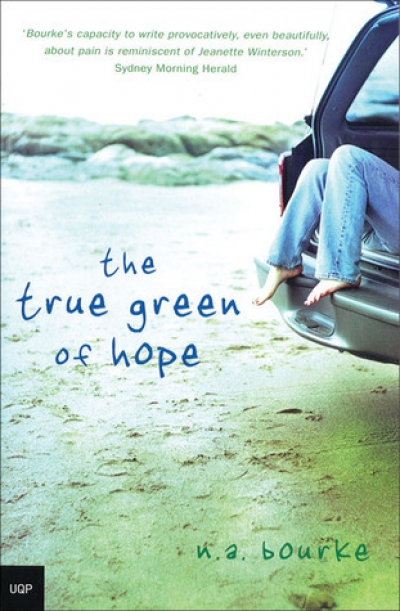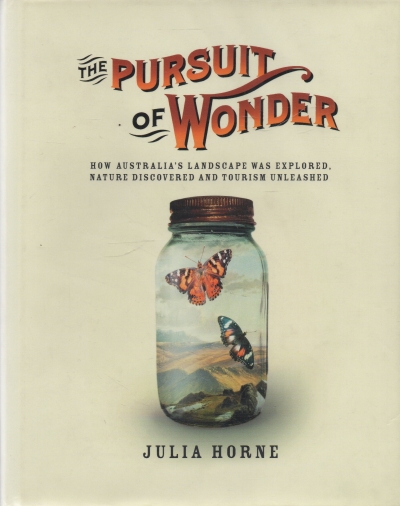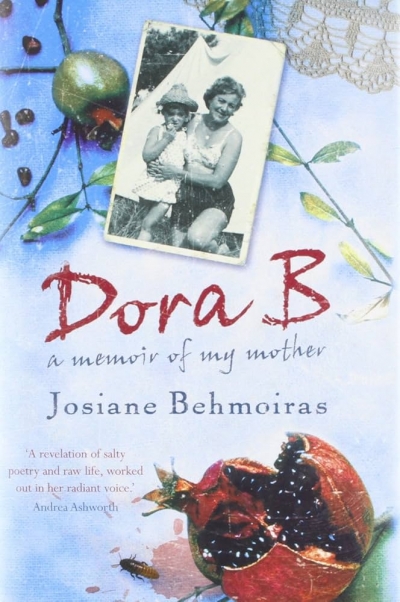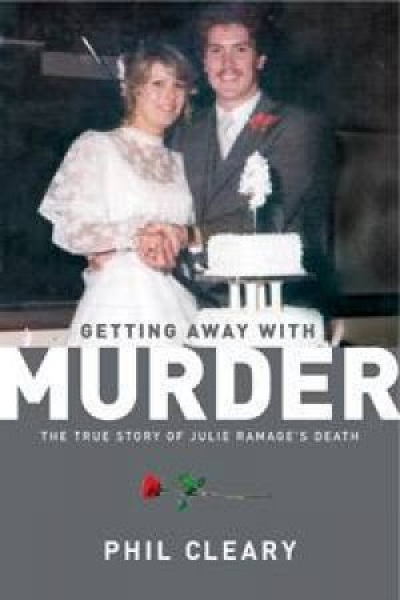Accessibility Tools
- Content scaling 100%
- Font size 100%
- Line height 100%
- Letter spacing 100%
Archive
Young Murphy by Gary Crew, illustrated by Mark Wilson & 101 Great Killer Creatures by Paul Holper and Simon Torok, illustrated by Stephen Axelsen
by Margaret Robson Kett •
Snow Wings by Jutta Goetze & The Rat and The Raven by Kerry Greenwood
by Karen Brooks •
Of Marriage, Violence and Sorcery: The quest for power in Northern Queensland by David McKnight
by Inga Clendinnen •
The True Green of Hope by N.A. Bourke & The Eyes of The Tiger by Manfred Jurgensen
by Gaylene Perry •
The Pursuit of Wonder: How Australia's landscape was explored, nature discovered and tourism unleashed by Julia Horne
by Delia Falconer •
Getting Away with Murder by Phil Cleary & Norfolk: Island of secrets by Tim Latham
by John Dale •

